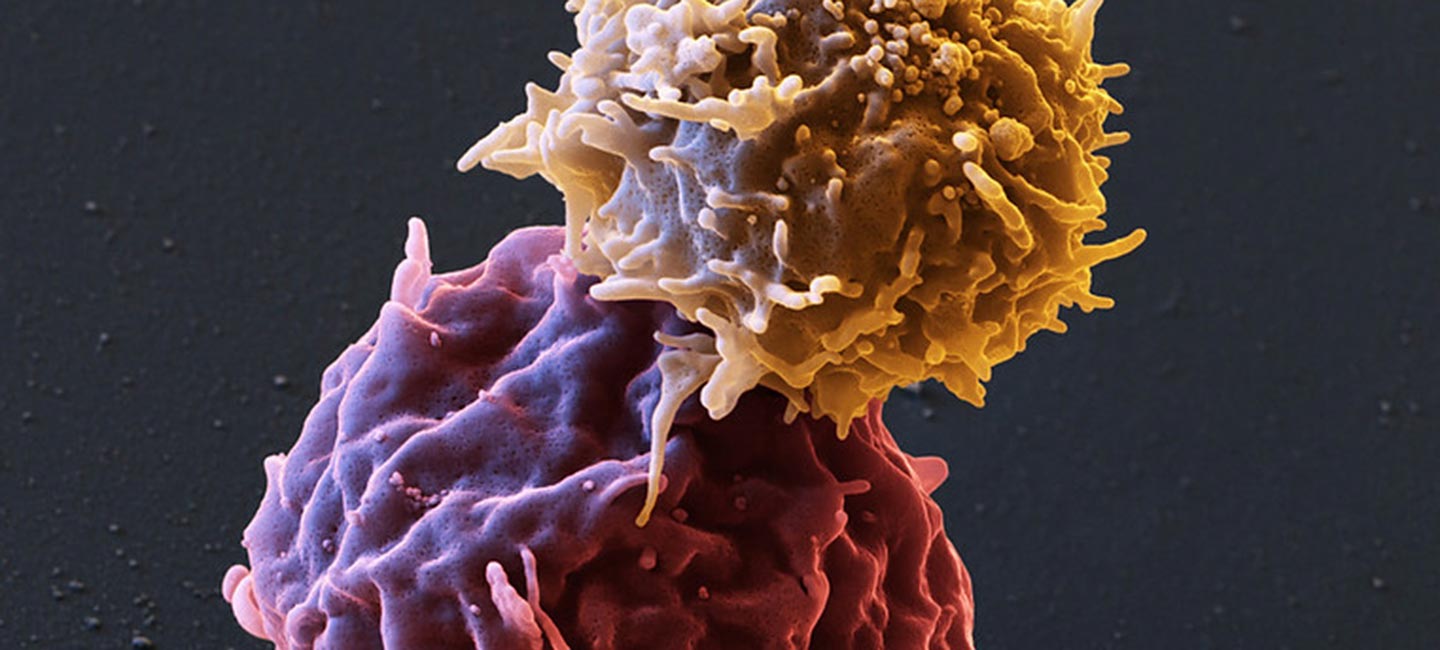Expanding CAR T to Adults with Acute Lymphoblastic Leukemia
Five years ago, a new type of immunotherapy revolutionized the treatment of certain blood cancers. Chimeric antigen receptor T-cell therapy, or CAR T, was first approved for children and young adults up to age 26 with acute lymphoblastic leukemia (ALL). Approvals for adults and children with lymphoma quickly followed, and recently the cellular therapy was approved for patients with multiple myeloma. But what about adults with ALL? This type of therapy still has not been approved for that patient population.

Dr. Bijal Shah, Medical Oncologist, Malignant Hematology Program
“ALL is a challenging disease to treat, especially in adults. There are a lot of factors at play, such as low blood counts and fitness of the T cells needed to produce the engineered CAR T cells,” said Dr. Bijal Shah, a medical oncologist in Moffitt Cancer Center’s Department of Malignant Hematology.
CAR T therapy uses a patient’s own T cells to fight cancer. The cells are removed from the patient through a process called apheresis and sent to a lab where they are genetically modified to add a receptor to the immune cells. That receptor acts as a GPS, seeking out a specific antigen found on the surface of the cancer cell. Once infused back into the patient, the CAR T cells can locate and destroy the cancer cells.
“CAR T therapy is indicated for patients with refractory and/or relapsed disease, meaning their cancer has returned despite multiple different lines of therapy,” said Shah.
Shah is the principal investigator of ZUMA-3, a phase 1/2 multicenter clinical trial evaluating the use of KTE-X19, an autologous anti-CD19 CAR T-cell therapy product produced by Kite Pharma, in adults with relapsed and/or refractory ALL. Seventy-one patients have been enrolled, and initial results show the therapy is working for this heavily pretreated group of patients.
“We are seeing complete responses in a large number of patients, many still in remission a year or more after their initial CAR T infusion,” said Shah. “This is very promising considering the estimated long-term survival for this patient population is less than 5%, with most patients expected to survive no more than one year without a therapy option like CAR T.”
Shah will be presenting the phase 2 trial results on June 4 at the American Society of Clinical Oncology Annual Meeting. The FDA could grant approval for use of KTE-X19 for adults with ALL by the end of the year.



